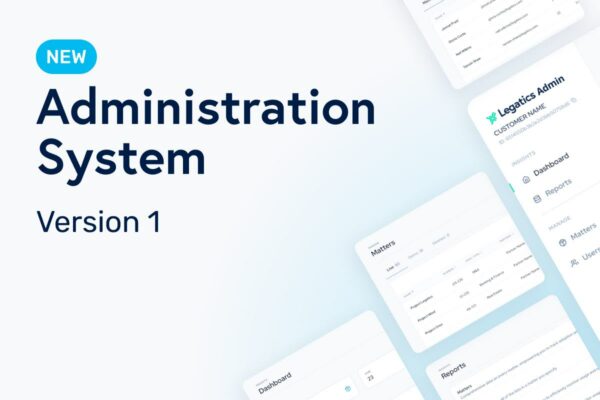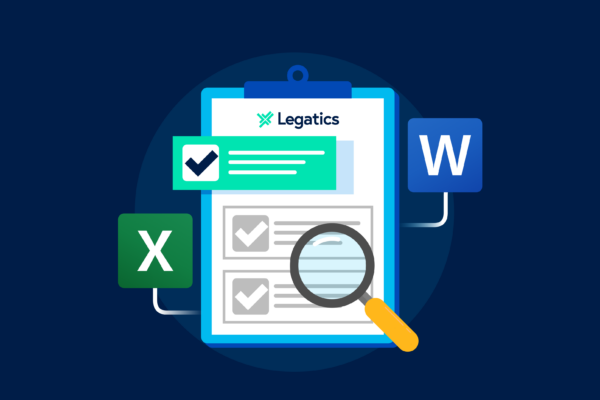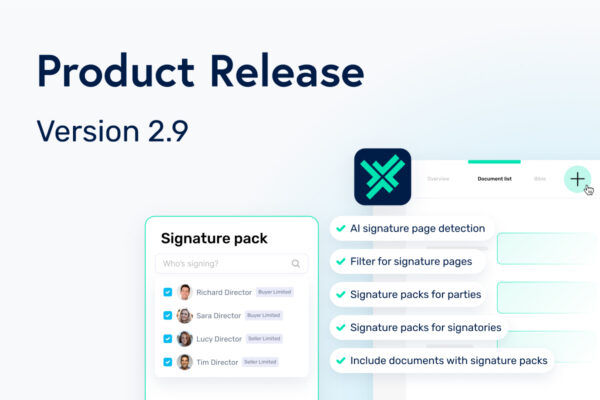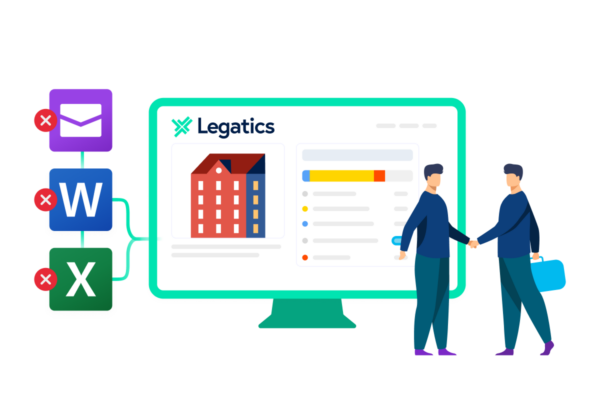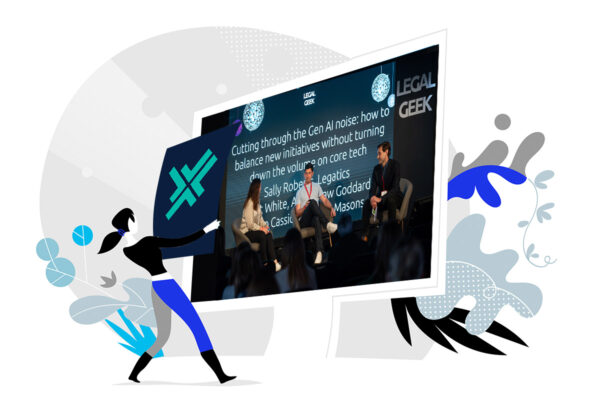LONDON June 2021
Legatics was awarded funding from Innovate UK, the UK’s innovation agency, to collaborate with law firms, as well as academics in the fields of machine learning and behavioural science, for a two-year project. Leading international law firms Herbert Smith Freehills and DLA Piper were the original law firm partners for the project. Innovate UK recognised that, despite high expectations of technology increasing productivity in the legal sector, this had been limited. Legatics’ project focused on solving this problem by adopting a ‘microservices’ based approach to AI technology implementation combined with addressing the behaviour challenges associated with technology adoption.
Anthony Seale, CEO of Legatics commented “There has been a big gap between the legal industry’s expectations that legal technology will completely transform the delivery of legal services and what we have seen in practice. We wanted to diagnose the underlying reasons behind this gap and unlock the potential of AI technology in particular by re-imagining from the ground up how these technologies are built, deployed and adopted within law firms.”
Seale added, “I’m really excited by how we are already using our findings to transform the way we deliver legal technology, tailoring our technology roll-out support to tackle these blockers and seeing our customers make great use of our advanced checklist import microservice.”
Behaviour Change
The first challenge was behavioural. Legatics recognised that stakeholders are cautious and slow to adopt legal technology. The project therefore aimed to understand perspectives about LegalTech within UK law firms, identify common barriers to the adoption of LegalTech and suggest recommendations to circumvent these barriers and drive adoption. To do so, Legatics conducted virtual and in-person workshops with over 100 lawyers and held 60 one-to-one interviews with partners and senior stakeholders from 6 participating law firms: overall project partners Herbert Smith Freehills and DLA Piper, together with Pinsent Masons, Reed Smith, Osborne Clarke and Eversheds Sutherland. A survey was also circulated and answered anonymously by 133 lawyers across 10 leading law firms.
The results of the behaviour change research were assembled into a white paper. The key pain points highlighted in the report were: (i) limited prioritisation of technology (despite awareness of value), (ii) lack of knowledge, (iii) inadequate training, and (iv) limited active role models. The white paper also made a number of recommendations to help overcome the identified barriers, focused on more effective communications at a higher volume, better incentives, centralised resources, flexible training and greater senior stakeholder involvement.
AI Microservices
Legatics also observed that adoption of AI technologies can often be hampered within law firms by significant organisational costs, including identifying applications, software configuration, training of the AI model, training of users and interpreting AI output. The project addressed this by providing highly specific and pre-trained models, named “AI microservices”, to be built into lawyers’ existing workflows within the Legatics platform. This expanded the range of tasks AI technologies could be cost-efficiently applied to. Legatics has developed four such AI microservices as part of the project, and a second industry whitepaper is available which describes the approach in more detail.
About Legatics
Legatics is an intuitive, intelligent deal platform that simplifies and automates traditional legal processes. Designed by lawyers to improve legacy working methods and solve practical transactional issues, it increases collaboration, efficiency and transparency. Legatics transforms legal transactions, providing a better deal experience for all parties, and freeing lawyers from unnecessary administrative tasks.
For more information, see www.legatics.com or to download the whitepapers, click here.


